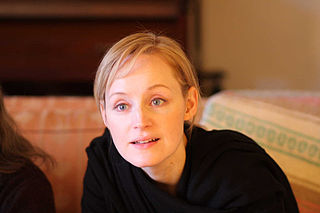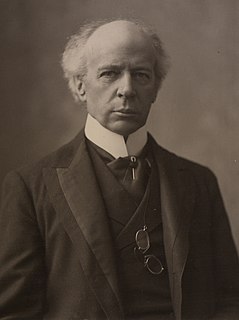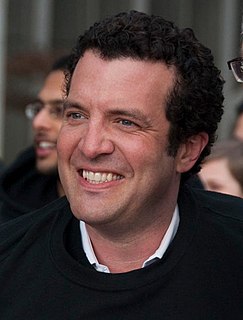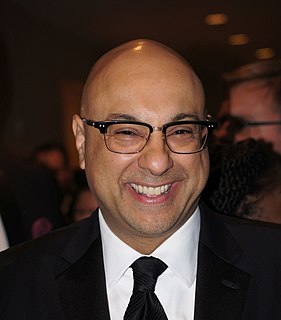A Quote by Eric McCormack
The States doesn't think much about Canada, but we're attached. We're like Siamese twins. We can't do things - you can't roll over in the American bed without waking up the Canadians. It matters.
Related Quotes
They're happy to be Siamese twins. They feel blessed. But the rest of us have to go through the world alone. And they don't. And because they have this great attitude, they have a lot of friends. They were the kings of the prom. You know, they were in the state championship hockey team. You know, they're the goalie. And it's just they're a couple of winners who happen to be Siamese twins.
What keeps me up at night? Waking up to a scoop at another newspaper or on TV. I'm probably competitive, almost too much so. I will stay up till the Web sites at night roll over. And if they don't roll over, I'll stay up until it's done. I'll wake up at the crack of dawn, or in the middle of the night even, just to go and check and see.
I say a few good things about Canada in the book, you know. Americans are weird, though. We refuse to look at other countries. Start with Canadians - I want to think you aren't that different, so why can't we do our incarceration policies more like Canada? If we still had a 1970 level of incarceration which was the same as Canada's then and now, I never would have written this.
Indeed, often because of the size and weight in the world of our neighbor, we in Canada often define ourselves in contrast to American positions on things like Cuba, the Vietnam War and nuclear disarmament. Historically, Canada has not always been aligned with the United States. It doesn't necessarily serve anyone's interests - Canadian or American - to be seen as an extension of the United States.
I would always argue to my students that Canada is not necessarily or inherently a left-wing country, and the United States is not necessarily the citadel of right-wing liberty. The obvious case there is Franklin Roosevelt's New Deal, which made the Americans much further left than the Canadians at the time, and Americans coming to Canada found us backward, conservative, and out of tune with the kind of free-spirited liberalism that there was in the States. Then things reversed, with medicare the prime example.
I read in a newspaper that I was to be received with all the honors customarily rendered to a foreign ruler. I am grateful for the honors; but something within me rebelled at that word 'foreign'. I say this because when I have been in Canada, I have never heard a Canadian refer to an American as a 'foreigner'. He is just an 'American'. And, in the same way, in the United States, Canadians are not 'foreigners', they are 'Canadians'. That simple little distinction illustrates to me better than anything else the relationship between our two countries.
I see a lot of things I'm so excited and hopeful about film and TV in Canada. There's just a huge movement, I think, in seeking an identity as Canadians, and really forging it and really embracing all the parts of us as Canadians that come from such varied experiences and such varied cultures. And I think there are strong voices that come out.
Tariffs are in the end taxes. And somebody has to pay that tax. I think one thing people are forgetting is that trade disputes are two-sided. When the United States imposes tariffs on a partner like Canada, there is always a possibility that Canada will say that's not fair and retaliate. And at that point, you have to ask the question, - which U.S. industry will suffer because the Canadians retaliated against it?
Sometimes, when you roll out of bed, you don't want to be photographed by the paparazzi. Usually you like to know when you're being photographed. I've learnt that, as a public figure, you have to up your game and be prepared. Ideally, you try not to roll out of bed without brushing your hair - just chuck a brush through it, make a little effort.
I think Canadians, by and large, during the American election, every time Donald Trump talked about NAFTA, we felt that he was talking about Mexico. Now, if Donald Trump tears up NAFTA, there is still a Canada-U.S. Free Trade Agreement. And we all assume that we will revert back to that agreement, which is essentially the same as NAFTA except Mexico is no longer at the table. I think, you know, that is what we are hoping for.




































